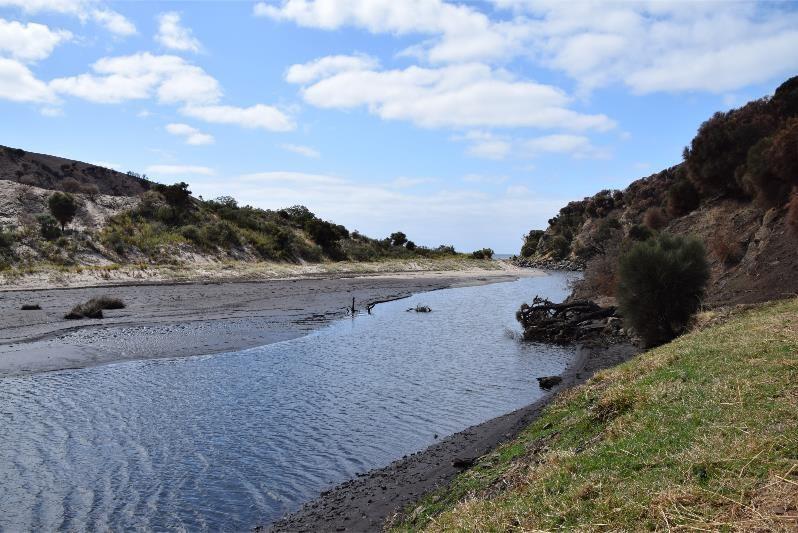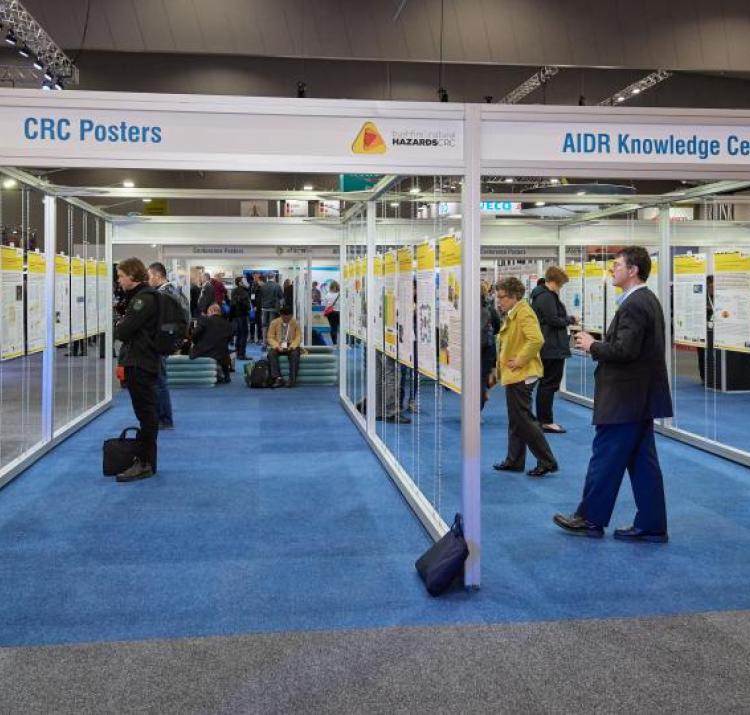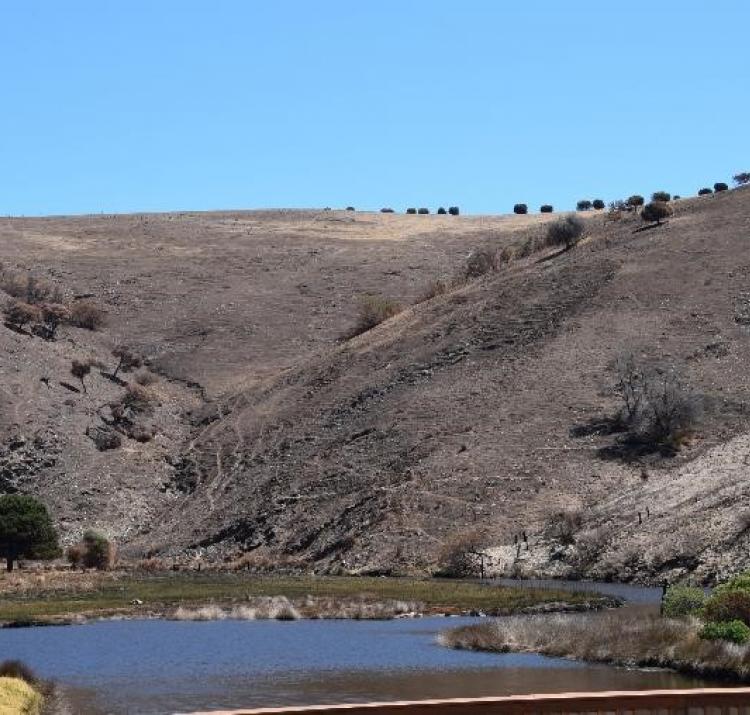Research leader
Research team
The environmental impacts of the bushfires on Kangaroo Island will not be confined to the terrestrial landscape but are likely to have substantial detrimental impacts on the island's aquatic ecosystems. One key area of concern is the estuarine systems downstream or adjacent to burned areas. However, impacts of bushfires in estuaries had not yet been explored, despite the ecological importance of these environments, including as nursery habitats for juveniles of numerous fish species. In addition, as many estuarine systems on Kangaroo Island are not permanently open to the sea, the impacts of accumulated soot, ash and sediment funnelled into the estuaries are likely to be exacerbated, and have the potential to disrupt the complex ecological and biogeochemical cycles that take place in estuarine systems, affect water quality, increase contaminant loadings, and have pervasive consequences for local fish communities. These impacts are especially likely following rainfall events.
This project was completed with the support of the CRC's funding for quick response. It evaluated the immediate and longer-term impacts of bushfires on estuarine water quality and its implications to estuarine fish.
Researchers:
- assessed the impacts on fish species diversity, abundance, and assemblage structure as well as changes to functional diversity over time
- measured changes in water quality including fire-induced chemical contamination by heavy metals and other persistent compounds, and its effects on fish (e.g. contamination)
- monitored changes in estuarine water quality parameters, and traced the mobilisation and fluxes of contaminants released from bushfires into aquatic systems and potential long-term contamination of hydrological reservoirs
- evaluated the implications of bushfires to estuarine ecosystem functioning and to coastal marine fish populations that depend on estuaries during their early life stages.
Evaluation and monitoring allowed the researchers to follow ecosystem changes over time, and understand the processes that drive resilience and the potential recovery of estuarine ecosystems. Results are contributing to predicting future impacts of bushfires, and to the development of potential mitigation or adaptation measures, as well as underpin biodiversity conservation, adaptation, and sustainable management strategies, supporting the governance that lies ahead.
| Year | Type | Citation |
|---|---|---|
| 2020 | Report | Effects of the January 2020 bushfires on estuarine systems of Kangaroo Island: post event field data collection. (Bushfire and Natural Hazards CRC, 2020). |










